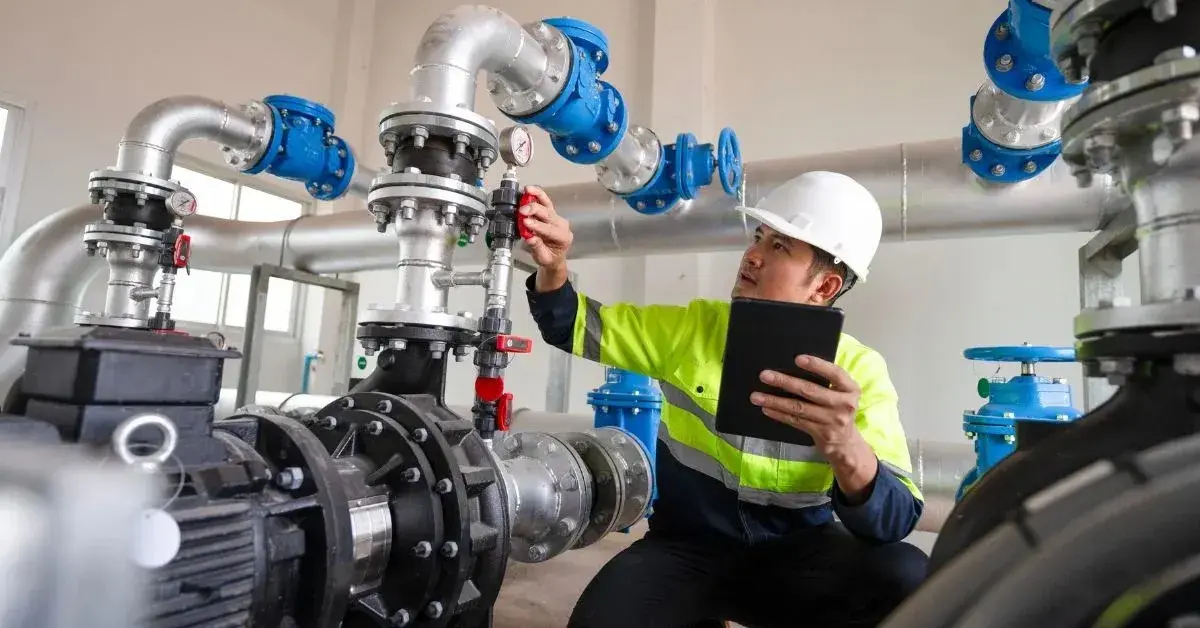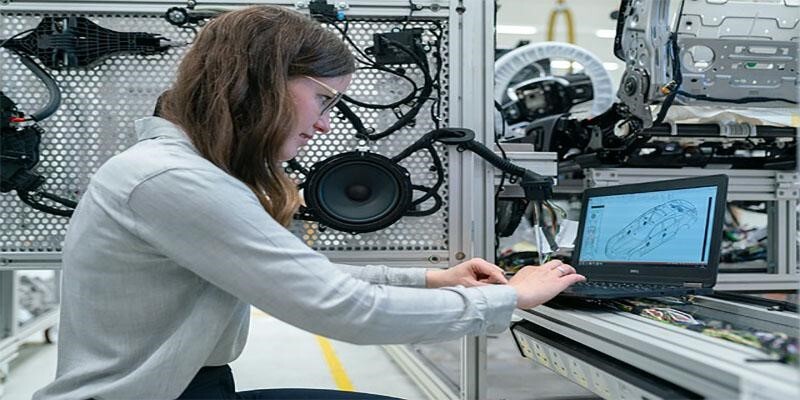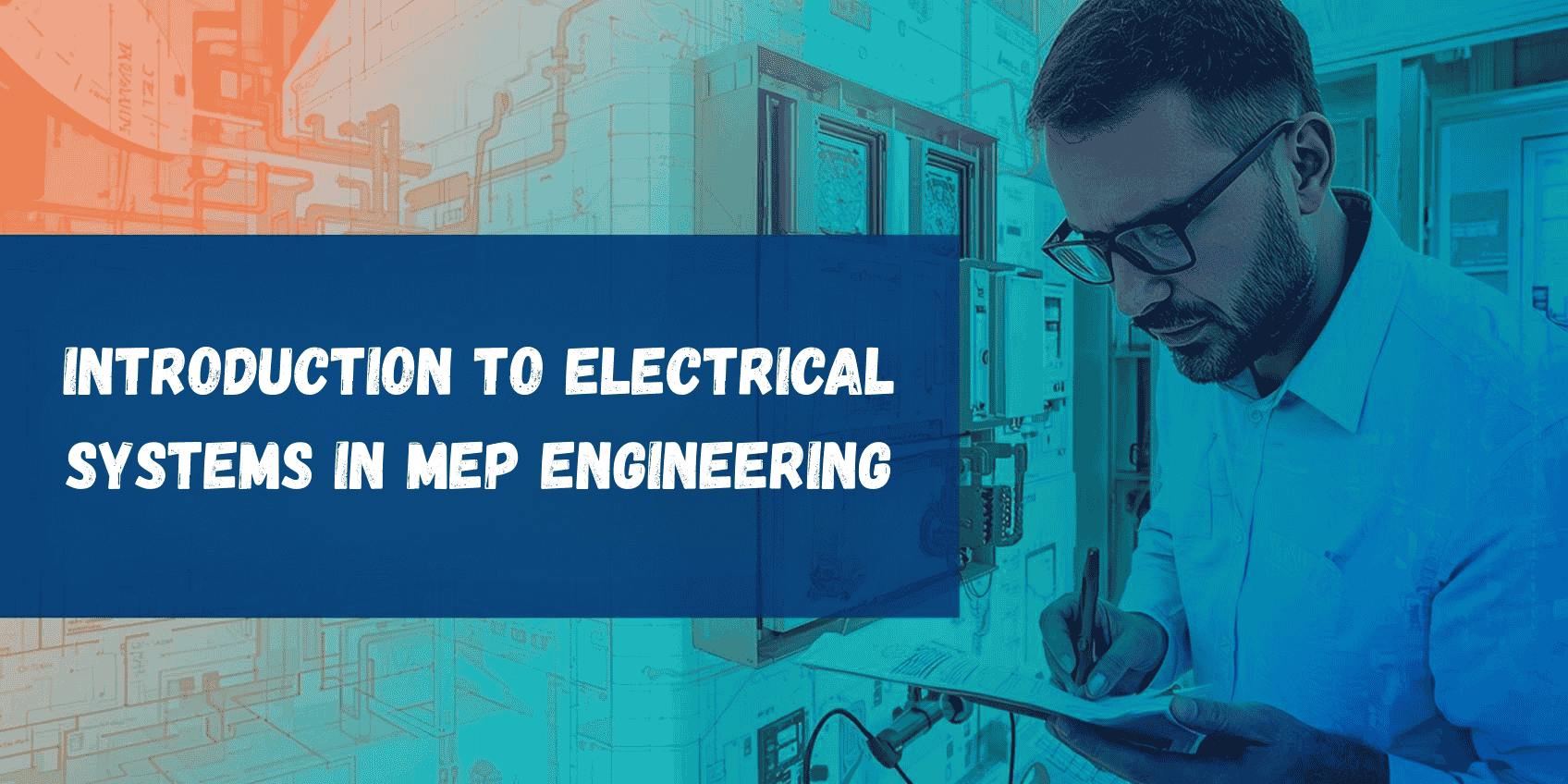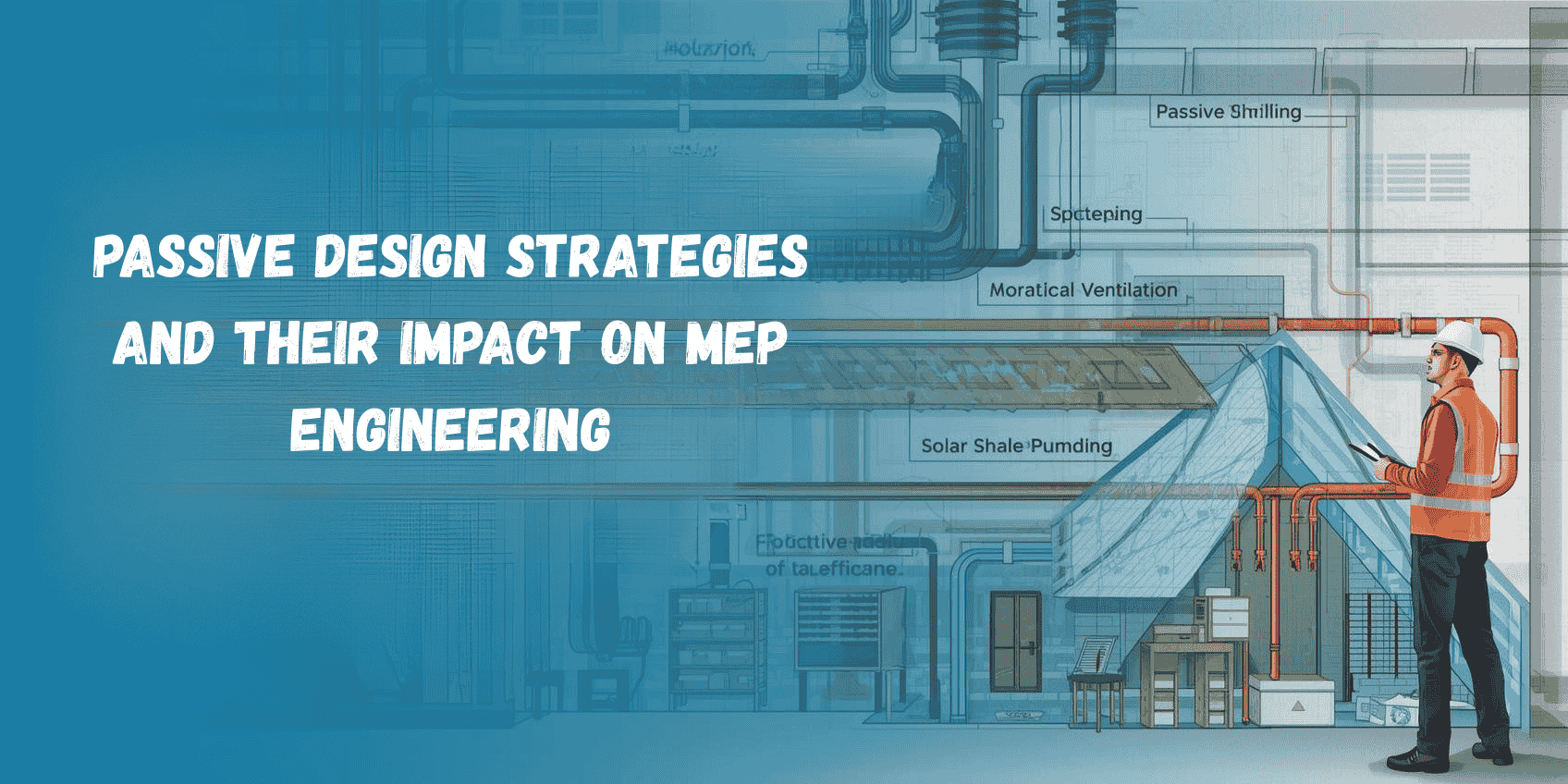
Employers today are looking for professionals who can contribute to large-scale building projects using modern tools and technology. As the industry moves toward digital construction practices, knowledge of MEP systems, MEP design, and BIM MEP software is no longer a luxury—it is a necessity. These technologies enable engineers to design and coordinate building systems more efficiently and accurately than ever before.
So, where does a plumbing engineer fit into all of this? The answer is simple: right at the heart of it. Plumbing professionals who understand how their work integrates with electrical and mechanical systems through MEP BIM services are far more valuable in today’s competitive job market. They are the ones who can step into multidisciplinary roles, collaborate better with other teams, and deliver smarter, data-driven solutions.
This is where MEP upskilling comes into play. Whether it is understanding MEP meaning in construction, working with BIM MEP software, or learning how to deliver coordinated MEP services, there is a clear need for continuous learning. And with the rise of online education platforms, you no longer need to attend a physical classroom or take a break from work. You can explore an MEP online course, earn an MEP course certificate, and learn at your own pace while still gaining job-ready skills.
Why Upskilling is Essential After a Diploma in Plumbing Engineering
Plumbing engineers are no longer just pipe experts. In today’s construction world, they are part of an integrated network of professionals responsible for designing efficient MEP systems. So, what does MEP stand for? Well, MEP meaning in construction refers to Mechanical, Electrical, and Plumbing – the trio that makes buildings liveable, safe, and sustainable.
Now, here is the thing. The construction industry is rapidly adopting technology like MEP BIM services and digital planning tools. Companies now want engineers who can work with advanced software, understand MEP design, and collaborate on smart buildings using MEP BIM software. If your skills are limited to traditional plumbing, you may miss out on exciting roles and better pay.
The good news? There are plenty of options out there that can help you step up your game. By enrolling in a relevant course after diploma in plumbing engineering, you can become a skilled MEP engineer or even explore the growing world of BIM MEP services. And yes, this means access to more rewarding plumbing engineer jobs both in India and abroad.
Also Read: Top 50 MEP Interview Questions & Answers 2026
Top Certification After Diploma in Plumbing Engineering

Pursuing a course after diploma in plumbing engineering is an excellent way to expand your knowledge, improve your technical abilities, and enhance your career opportunities. With the growing integration of digital technologies in the construction industry, upskilling in areas like MEP engineering, MEP design, and BIM MEP software has become essential.
Here are three highly recommended certification and skill-based courses that can help plumbing professionals build a successful career in the field of MEP services:
|
Course Name |
Fees |
Duration |
Eligibility |
Provider |
|
BIM Professional Program for MEP Engineers by Novatr |
INR 1,95,000 |
7 Months |
AEC professionals can apply for this course |
Novatr |
|
Plumbing 101: Plumbing Design Basics ( DUAL Certification ) |
NA |
3 Hrs 20 Min |
- Mechanical engineers -Project Managers -Architects |
Udemy |
|
Design of Industrial Piping Systems Specialisation |
NA |
1 Month |
Engineering students/ professionals |
Coursera |
|
MEP Design Engineering – Plumbing Systems |
NA |
2–3 Months |
Diploma in Plumbing or Mechanical |
MEP Centre |
|
Revit MEP for Plumbing Systems |
NA |
1–2 Months |
Diploma in Plumbing or Mechanical |
CADDESK |
How Novatr’s BIM MEP Course Helps Plumbing Engineers Transition into High-Demand Roles
Novatr’s BIM for MEP Engineers course is purposefully designed to help plumbing engineers and diploma holders take the next big leap in their careers. In today’s digital construction world, where Building Information Modelling (BIM) is quickly becoming the standard, this course equips professionals with future-ready skills to thrive in the ever-evolving world of MEP engineering.
Here is how Novatr’s programme supports a seamless and successful career transition:
1. Industry-Relevant Curriculum for Diploma Holders
This course is tailored for plumbing professionals with diploma qualifications. It provides a practical and comprehensive pathway for anyone searching for a course after diploma in plumbing engineering.
2. Comprehensive Training in MEP Systems and Design
Learners gain an in-depth understanding of MEP system design, coordination, and integration within a BIM environment. This knowledge bridges the gap between traditional plumbing work and multidisciplinary MEP design roles.
3. Hands-On Learning with Industry Tools
The course offers practical training in widely used BIM MEP software, including Autodesk Revit, Navisworks, and BIM Collaborate Pro. These tools are essential in modern MEP building projects.
4. Real-World Projects with Industry Workflows
Participants engage in real-time project simulations, enabling them to experience how MEP BIM services are applied in actual construction environments. This project-based learning ensures readiness for on-site and remote roles.
5. Expert Mentorship and Professional Guidance
The course is led by experienced industry professionals who provide mentorship, one-on-one feedback, and practical tips to navigate the MEP engineering field successfully.
Also Read: Revit MEP course for electrical engineers 2025
6. Globally Recognised MEP Course Certificate
Upon completing the programme, learners receive a professional MEP course certificate. This qualification not only validates their skills but also enhances their credibility for plumbing engineer jobs and international opportunities.
7. Career Services and Placement Support
Novatr goes beyond just education—it includes end-to-end career support, including portfolio creation, interview preparation, and access to job opportunities in reputed firms offering MEP services and BIM roles.
8. Flexible and Accessible Learning
The course structure is ideal for working professionals. With online access and self-paced learning, individuals can balance their current jobs while preparing for better roles in MEP engineering.
9. Pathway to High-Paying Global Careers
By mastering BIM MEP software and understanding the digital workflows of the construction industry, learners are positioned for global plumbing engineer jobs and leadership roles as MEP engineers.
10. Understanding MEP Meaning in Construction
The programme also covers the core concepts of MEP meaning in construction, ensuring that learners are equipped with both the technical and conceptual knowledge required in professional environments.
This course is a perfect stepping stone for any plumbing engineer who wants to shift from traditional fieldwork to in-demand digital roles in MEP BIM services. It is more than a training programme—it is a complete career transformation journey designed for the future of construction.
Conclusion
So, there you have it – your roadmap to a brighter career after plumbing engineering. Remember, choosing the right course after diploma in plumbing engineering is not just about adding a certificate to your CV. It is about future-proofing your skills, staying relevant, and stepping confidently into the fast-paced world of smart construction.
Whether you choose an MEP online course, software training, or a full-fledged BIM programme like Novatr’s, the key is to keep learning. The construction world is evolving, and so should you. Embrace the opportunities, and soon enough, you could be leading complex MEP systems, collaborating with architects, and working on impressive international projects.
Also read: Major Projects Built on BIM MEP in India
You should consider checking the BIM Professional Program for MEP Engineers by Novatr. Take the first step towards a prosperous plumbing career by selecting the appropriate course now! Check out the Resources Page for the most recent information, resources, and insights into the MEP and BIM sectors.
Was this content helpful to you



.jpeg)



